Actor Chadwick Boseman’s Legacy at Heart of Oscar Talk 2021
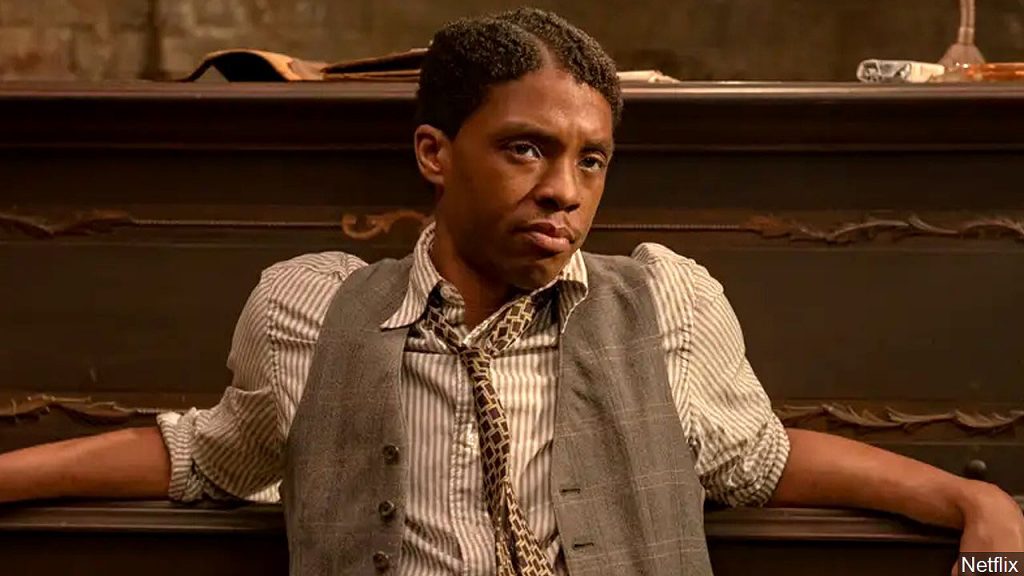
In a year when the Academy Awards changed its location and deepened its focus on social justice, Emerson’s annual Oscar Talk event followed suit, drawing insight from the dynamics of the awards contest and one actor in particular.
Normally hosted on Sunset Boulevard at Emerson Los Angeles, Oscar Talk connects Emersonians and the public with entertainment experts who weigh in on issues influencing the Academy Awards and shaping the entertainment industry. This year, Oscar Talk went virtual, attracting more than 100 guests a few days before an Academy Award ceremony full of firsts: the first time an all-Black producing team was nominated for Best Picture, the first time two actors of Asian descent were acknowledged for Best Actor, and the first year two women were nominated for Best Director.

Oscar Talk 2021 focused on one revolutionary force in particular: the life, filmography, and legacy of actor Chadwick Boseman, the first Black performer ever nominated posthumously for an Oscar. The panel, moderated by Communication Studies Scholar-in-Residence Sharifa Simon-Roberts, discussed the sincerity, seriousness, and social impact of Boseman’s performances representing the Black community, including Boseman’s Academy Award-nominated final performance in the 2020 American drama film Ma Rainey’s Black Bottom.

The second half of the two-hour event, organized once again by Communication Studies Senior Lecturer Owen Eagan, featured the annual Oscar Buzz panel, with entertainment experts dishing out their input and debating predictions for this year’s nominees.
A Tribute to Chadwick Boseman panel
• Sharifa Simon-Roberts (Moderator) Scholar-in-Residence, Communication Studies
• Rachel Hislop | Editor-In-Chief, OkayAfrica + Okayplayer
• Angelique Jackson | Film and media reporter, Variety
• Carla Renata | Film Critic, The Curvy Critic
• Gil L. Robertson, IV | Co-founder & President, African American Film Critics Association (AAFCA)

RENATA: The first time I became aware of Chad as an actor was when he was on All My Children. he was replaced by Michael B Jordan, and they ended up being in Black Panther together. Later, as a seasoned actor who didn’t get replaced in 42 as Jackie Robinson, I thought this is a young man acting beyond his years and tapped into the emotional life of a real life person, not once, not twice, but three times. He tapped into the complexities and the struggle of [Jackie Robinson, James Brown and Thurgood Marshall]. He was very unique in that way. He took what was on the page and made it into a full-flesh human being to the point that where the character or the real life person he was portraying became innately a part of him and made us believe him, too.
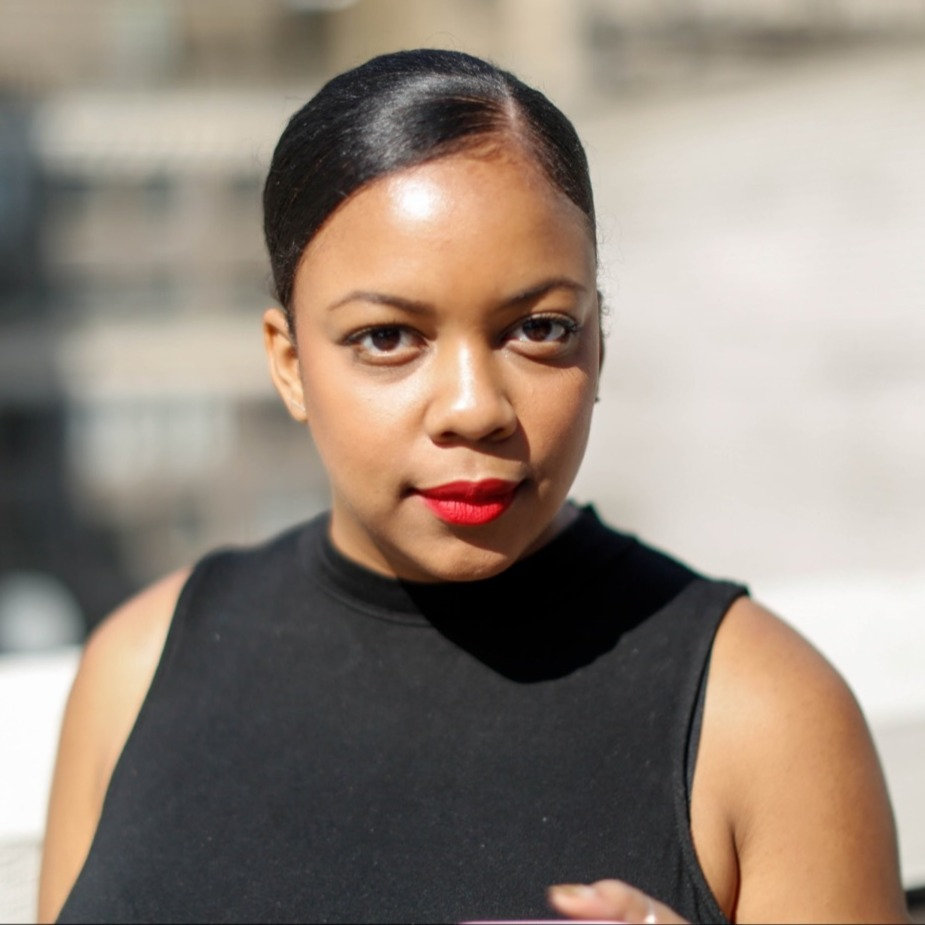
HISLOP: “Like a lot of people here, I was aware of his earlier work. It wasn’t so much about the role as the Black Panther but it was about the cultural relevance. From what we have experienced with Chadwick on the screen, it was very much that embodiment of Black stories. It’s not just about playing the role; it’s about embodying everything with that character and giving it the justice and the understanding that the history books might not have. These films are our responsibilities to our legacy and he didn’t take that lightly.That is something that from our end, I am very grateful for as a spectator and a fan of his work. He took the roles so seriously because they are a type of history to our culture. I’m happy that he spent his short time here on earth giving us that gift.

JACKSON: Chadwick really found a way to embody not just the stateliness and the heroism of these real-life figures, and of course fictional figures like T’challa in Black Panther. He found a way to make it important to show Black people in all of our colors and in all of our essence. That’s why I think Levee as a character and the exploration of what that young man was going through and dealing with is so important. A lot of us can point to his big monologue where he is challenging God— that’s not a thing we get to experience that often as Black people. We are oftentimes a lot more deferential when it comes to fate, so it’s really jarring and challenging as an audience member to watch this but it also makes it so powerful.
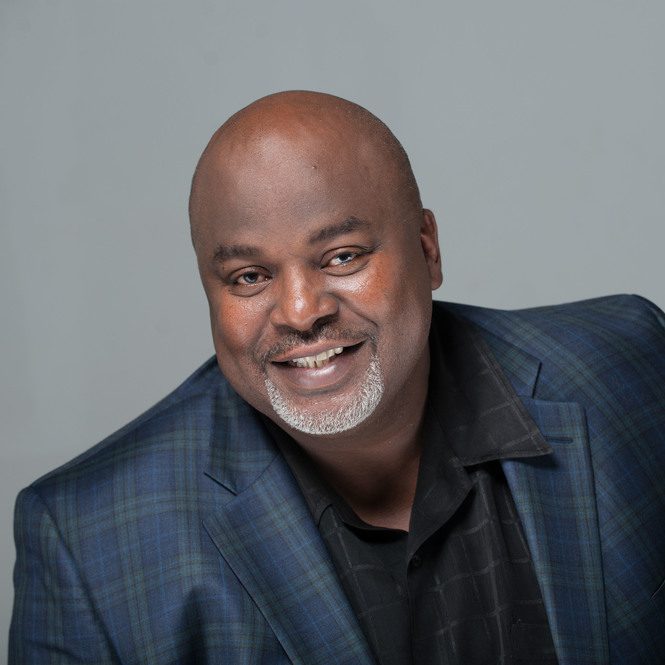
ROBERTSON: His life and career show how it intersected with so many great iconic actors of our day. We all heard about how Denzel Washington played a very essential role in his post-Howard [University] life and then of course working alongside Forest Whitaker and Angela Bassett. So it felt like it was destined that he would walk that path.
Oscar Buzz panel
• Owen Eagan, Senior Lecturer, Communication Studies (Moderator)
• Dana Bseiso Vazquez | VP, The Angellotti Company
• Kymn Goldstein | Head of Revenue & Growth, StoryFit
• Tim Gray | Awards Editor and Senior Vice President, Variety
• Pete Hammond | Chief Film Critic and Awards Columnist, Deadline Hollywood
• K.J. Matthews | Entertainment Journalist
• Claudia Puig | President, Los Angeles Film Critics Association
Q: Do you think that theaters being closed for most of the year and so many releases getting pushed back impacted the race at all?

GRAY: I feel like it has affected our lives so it’s going to affect the race. It’s interesting that all eight of the Best Picture nominees all have the same DNA. They are small movies, they’re kind of depressing, and in the past, we have had a wide variety, even last year and certainly 10 years ago. It’s been a modest year and a downscaled year for all of us and I feel like this is a downscaled roster.
MATTHEWS: I think it affected it but we got better quality films. We knew that we weren’t going to be able to go to a movie theatre so everybody was going to watch it on some sort of streaming network at home, and I feel like the quality and the production was for some reason a lot better this year.
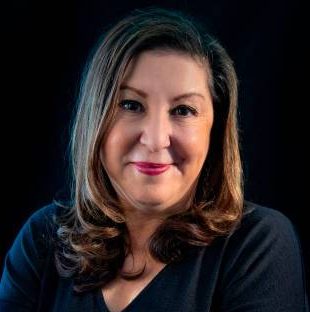
PUIG: I just think just because they were indie films and they were layered, nuanced, and subtle. There weren’t those splashy films or genre films very much. I agree that the substance of these films is really great. This may be the only area in which we see this kind of smaller, low-budget movies to dominate like this, which is great.
Q: Do you think the Oscar program is losing its cachet at all?
GRAY: I think yes and no. I think the word ”Oscar” still means a lot to general fans, but the show itself started on TV in 1953 and they haven’t changed its format since then. In ’53, that was the only chance that you would get to see stars be themselves. It was the only awards show on TV for decades, and now I think people are just tired of it. I’ve had a lot of non-industry people ask me this week, “When is the Oscars? Did it already happen?” The level of awareness and interest is almost non-existent this year. And I think they are going to miss an interesting show. I am looking forward to it but not sure if the general public is.
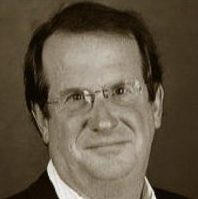
Hammond: Well the general public isn’t because you don’t have Black Panther nominated, you don’t have Lord of the Rings nominated, you don’t have Titanic nominated. It’s about the movies and people need a rooting factor. Joe Popcorn in Kansas doesn’t care about these movies and doesn’t even bother to watch them on streaming, where they are now more accessible than anything. So the ratings are going to go down, but the brand of Oscars is very strong. Kevin Gatts, who does all the research for movie studios on their releases, researched the public interest in Oscar and he said it is absolutely in good shape as a brand. … And I guarantee you that if you are an Oscar nominee or winner before you die, that comes before your name.
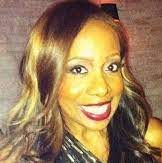
MATTHEWS: I think it’s always had that problem, you’ve nailed it, Pete, but it’s just that a person in middle America often has not seen the movies that have been nominated. They don’t see themselves in the nominations and a lot of people of color and other people don’t see themselves in the people that are nominated. The ratings have consistently been going down. I’m not sure what the solution is, but I agree “Oscar” still means something. No one would turn it down.
PUIG: Steven Soderbergh directing it—that I am fascinated by. But I do think a lot has to do with the fact that the world is so much more variegated in terms of what there is to do with our watching time because of streaming services and all of that. ..When I talk to people outside the industry, they’re watching things that don’t enter into the Oscar world. So as we continue down that road there is going to be a continuing problem of people caring about movies.
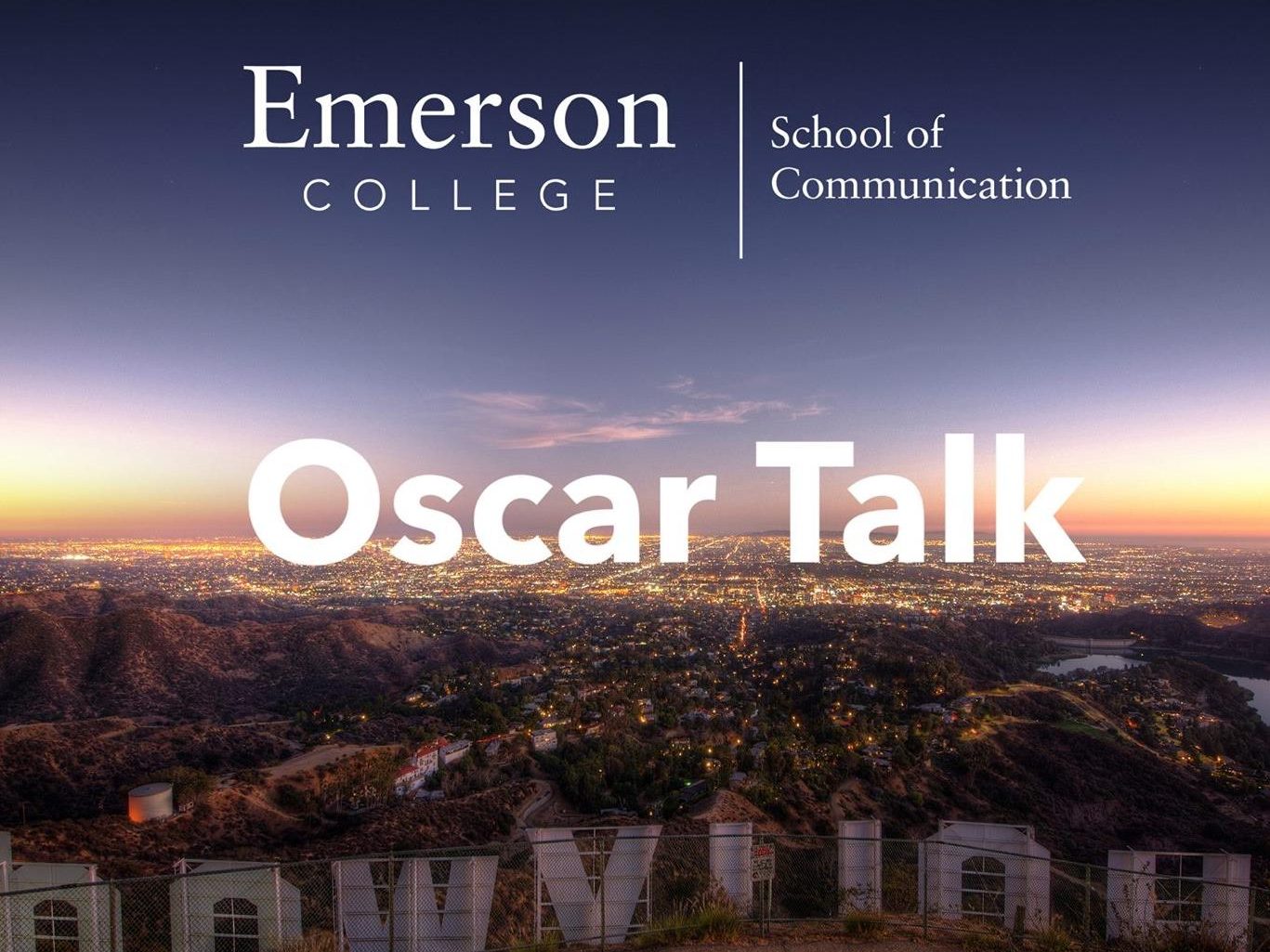
Categories